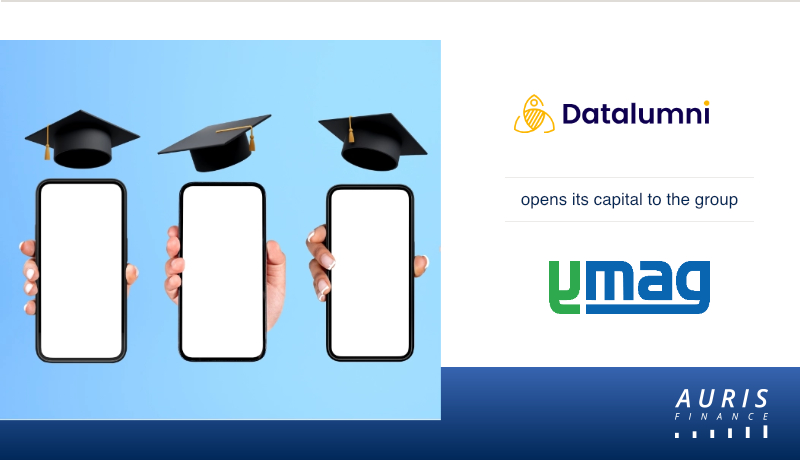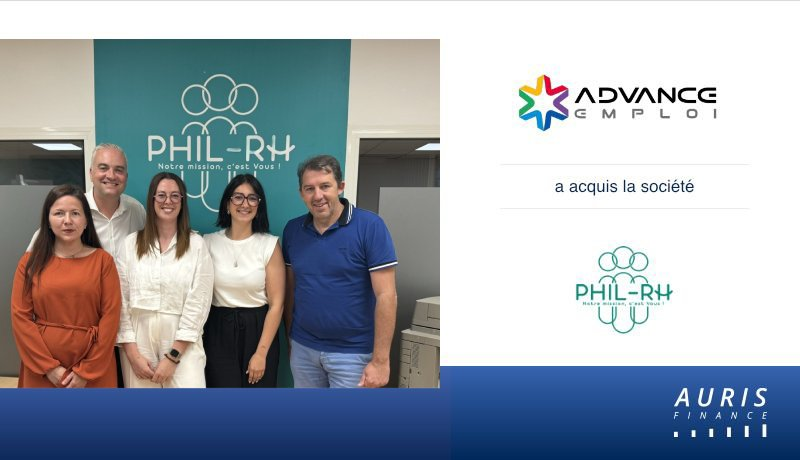

The UK’s EdTech Foundry has launched a European incubator for innovative companies in the education sector. Here are some explanations from the experts at AURIS Finance, a consultancy specialising in mergers and acquisitions.
Using generative AI in education raises important questions. Some schools chose to ban the use of Chat-GPT in its early days. Most universities are now moving towards raising awareness among students.
In the education sector, companies offering digital solutions are now speeding up their development thanks to generative AI.
A prompts competition
Designing instructional videos, creating scenarios, adapting a training module to the learner: these are all tasks that can now be easily performed with the help of artificial intelligence. The methodology for creating effective prompts is becoming more widespread, so much so that at Vivatech 2024 ‘prompt competitions’ were organised. The effectiveness of prompts depends on the precision of the prompt. It should clearly state the role Chat-GPT will play, the context, the structure of the project and the style guidelines. An increasing number of operators are now offering Chat-GPT user guides to designers of educational modules. This is the case of Open Class Room, which has just published a white paper entitled ‘Generative AI and educational engineering’. Experts can reduce the time it takes to create learning modules by up to 70%.
A reference in EdTech incubation
In this race for innovation, one company is emerging with the ambition to nurture the giants of tomorrow. The UK incubator Ed Tech Foundry was launched in 2022 on the initiative of the Open University (OU), a platform of the Institute of Educational Technology (IET). As an online accelerator, Ed Tech Foundry helps start-ups draw up their business plan and define an MVP (minimum viable product). Each incubated project has access to the IET’s infrastructure: DevOps team, hosting, software, coaching and mentoring. The first class included six start-ups. In September 2023, two of these start-ups were selected to participate in the second phase of the programme. They stand out for their high growth potential. The first is a solution developed by CleverForever called CatnClever. It’s an application aimed at 3-7 year olds to help them develop basic numeracy and language skills. The second is a healthcare application. Mediverse, a Google DeepMind initiative, provides immersive training modules for medical and nursing students.
Fundraising prospects
According to a report published by Morgan Stanley, generative AI could add $200 billion in value to the global education sector by 2025. The same report estimates that an investment of $6 billion will be required to deploy solutions on an industrial scale. Companies entering the race to innovate today are looking to surround themselves with financial partners as soon as possible.
Our experts at your side
Within the AURIS Finance group, our experts are specialised by sector. Our technology and professional training specialists can assist you in raising funds. Whether your project involves finding a financial partner or identifying a target to capture new technological solutions, we are at your side.


